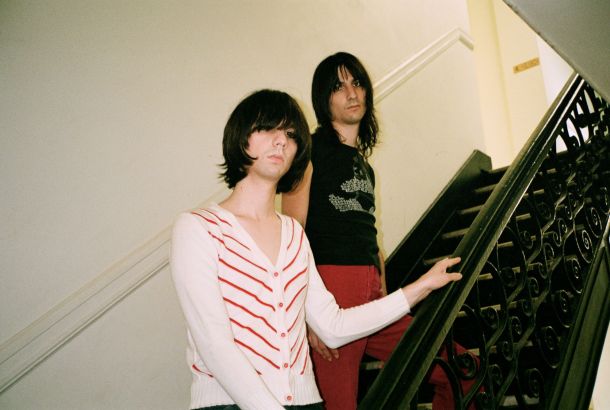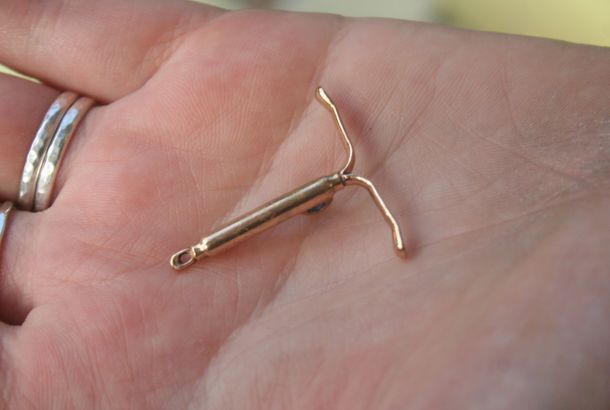My Political Hero: Lyndon B. Johnson
Modern politics is all about image. In the media age politicians must sell themselves as people as well as selling their policies. Barack Obama, John F. Kennedy and even Tony Blair are all examples of how being suave gets you elected. But when it comes to politics, forget being suave. My political hero is a curious political rogue who was once described by Robert Kennedy as a “big ass”.
Lyndon Baines Johnson hailed from humble origins. He was born in 1908 on a Texas ranch to a farmer-turned-state legislator and his wife. He would work his way through college to become an elementary school teacher. Whilst teaching impoverished Hispanic children he observed poverty and its effects at its worst. The experience gave Johnson a sense of empathy which would stay with him all the way to the White House.
After a distinguished congressional career, then the Vice Presidency, Johnson was catapulted into the highest office in extraordinary circumstances on 11th November 1963. Johnson would soon embark upon on the most ambitious legislative agenda since the New Deal; the ‘Great Society’. Progressive reforms were made in areas such as healthcare, education, the environment, media laws and gun control. Most importantly, he took the fight to the Southern states over segregation and voting. Johnson supplied the political muscle that the civil rights movement desperately needed to achieve its goals. For example, the Civil Rights Act and Voter Registration Act were passed despite the revolt of the Southern Democrats, thanks to Johnson’s talent as a politician. The victory over the South is perhaps the greatest legacy of Johnson’s political career. Under his leadership, Jim Crow laws were ended, and the widespread legal blockage of black suffrage vanquished. Admittedly, the civil rights reforms were by no means the end of America’s racial problems. What they did serve as was a great symbolic and legal step towards racial equality. In four years Barack Obama has secured the passage of three bills outside of the budgets, Johnson pushed through 105 bills in 150 days, even with the Southern voting bloc against him. The man possessed a heroic and remarkable talent for political coercion that every politician should seek to emulate. In brief, he was one of the few Presidents who actually got things done.
Yet you cannot overlook the Vietnam War. It was the disaster that ruined what otherwise would have been a very successful presidency; it became Johnson’s mess. The war inflicted a tragic human and economic cost. It sucked time, energy and funding away from Great Society programmes, which inevitably did not allow them to achieve their full potential. By the latter years of his presidency, Johnson had become obsessed with trying to win the war, raising troop numbers to 536,000 by 1968. He was not, however, as callous as the contemporary press and the anti-war movement portrayed him. Johnson was an intelligent, empathetic man who was moved deeply by the sufferings of American servicemen; aides would often find him slumped at his desk in tears at the sight of newly published casualty lists. It was Johnson, not Kennedy or Richard Nixon who ultimately paid the high price for the conflict. It cost him his political career, but it also contributed to his untimely death.
LBJ died at his ranch in Texas on 22nd January 1973, aged 64, of a heart attack. For much of his life Johnson had been a 40-a-day smoker, and having left office he reverted to increasingly self-destructive behaviour. War guilt and already-fragile health took their toll. He left office savagely criticised from both the left and the right, perhaps unfairly. Yet arguably he had much less room to manoeuvre than it seemed. Vietnam was a debacle dumped on Johnson by two previous administrations, and in the goading climate of Cold War power politics he had very little choice other than to escalate.
Some may never forgive him for Vietnam, which cost the lives of 58,000 US soldiers. He also often made corrupt bargains to get what he wanted, had an insatiable lust for power, and was rarely honest with the press. In spite of this, no other President in US history worked harder for non-whites, the poor, the old and the sick. The legacy of his Great Society reforms such as the Civil Rights Act and Medicare are apparent today. They cemented the Democratic Party’s liberal credentials and changed US society for the better. Had the war in Vietnam never happened, he might have been instead remembered as one of the greatest modern presidents.






